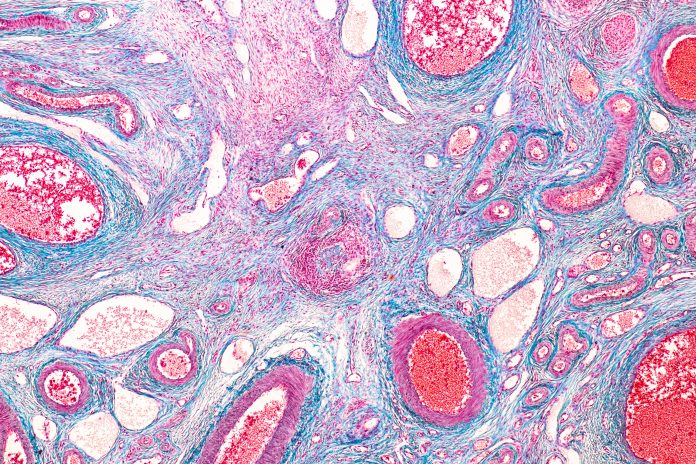Body weight and Polycystic Ovary Syndrome (PCOS) have a closer connection than previously thought, according to researchers
The team from the European Society of Endocrinology reported that obesity during childhood and teenage years are vital to the disease’s development.
This ground-breaking public health research will be presented during the 24th European Congress of Endocrinology on 23 May 2022 in Milan, Italy.
The dangers of Polycystic Ovary Syndrome (PCOS)
PCOS is a common condition.
Many cases go undiagnosed, but according to a 2016 study, this condition affects up to 10% of women. PCOS affects how the ovaries work and can manifest itself as irregular periods, high levels of “male” hormones and enlarged ovaries with fluid-filled sacs surrounding the eggs.
PCOS can lead to diabetes, infertility, poorer quality of life, and pregnancy complications.

Reshaping ideas about body weight and Polycystic Ovary Syndrome
Laurence Dobbie, an academic junior doctor at the Royal Liverpool University Hospital in the United Kingdom, and Daniel Cuthberson, Professor of Medicine at the Royal Liverpool University Hospital, investigated whether obesity and diabetes markers contribute to PCOS development with colleagues from the University of Liverpool.
The study included a genetic analysis, termed mendelian randomisation, of over 110,000 people. The also pooled data from 63 other studies, via meta-analysis, to assess how overweight and obesity affect the chance of developing PCOS.
The study highlighted that BMI, body fat levels and markers indicative of diabetes are vital in PCOS development.
The team also showed that girls or people with ovaries who were overweight who then go on to have a normal adult body weight are still more likely to develop PCOS. The team also reported that obesity and overweight during adolescence are particularly important in the development of the condition.
“This study shows that obesity during childhood and teenage years are key factors in the development of PCOS. This opens a way to support women’s health by investing in nutritional and weight management programmes for younger people. This also has the potential to prevent the condition’s consequences which include poorer quality of life, infertility, diabetes and pregnancy complications.
“Future research should focus on developing new ways to help women affected by PCOS manage their weight,” said Dr Laurence Dobbie.
“The team report that girls with obesity who go on to have a normal weight in adulthood are still more likely to develop PCOS. This clearly shows that weight management during childhood is vital to prevent PCOS development. This has the potential improve women’s health,” said Professor Cuthbertson.
“Weight management during childhood is vital to prevent PCOS development”











